Over the last month, the ten most shorted ETFs have continued to attract positive flows.
Over the last month, the top ten most shorted ETFs have attracted inflows of $5.6B. As contrarian views on the future of the global economy and the timing of any change in interest rates continues to play out across the financial media, it appears that investors remain divided as to the direction of movement in certain financial markets.
Fund flow data for 1 month 04/23/24 – 05/22/24 and Short Interest and AUM data as of 05/22/24:

Across the top ten most shorted ETFs, a number of common themes can be seen. As equity markets in the US continue to set record highs, investors appear to expect the bull market to continue as VXX, the IPATH Series B S&P500 VIX Short-term futures ETF, remains the most heavily shorted ETF (the VIX generally has an inverse relationship to the S&P500) with 61% of its outstanding shares being borrowed. Outside of the US, investors appear to be less convinced by recent increases across other equity markets such as the UK, Malaysia, Taiwan, and China as ETFs with underlying exposure to these countries experience elevated levels of short interest. XLU, the Utilities Select Sector SPDR ETF, continues to be a target for short sellers as interest rates remain at multi-decade highs, increasing the cost of capital across the utility sector. Uncertainty regarding future interest rate moves, refinancing walls and on-going spread compression continues to generate uncertainty for investors of corporate bonds which continues to be reflected by the presence of LQD, HYG and JNK in the most shorted ETF table.

Past performance is not indicative of future results
Despite the elevated levels of short interest seen across these ETFs, there does appear to be a conflicting signal in the data, as one-month flows have remained positive. However, when looking at flows on a year-to-date basis a slightly different story can be seen. Year-to-date flows have been negative for HYG, LQD and XLU as interest rate uncertainty continues to impact fundamentals. Year-to-date inflows can be seen in BITX, UKUSD, 36BZ and EWT as these asset classes have experienced substantial increases in valuations over the year attracting further investment. Given the elevated levels of short interest, some investors may now be anticipating a halt to further increases in valuations across these markets. When looking at the proportion of inflows that have taken place over the last month into EWM, 36BZ and EWT, these appear to be relatively muted when compared with the total year-to-date inflows. A slowdown in flows coupled with an increased level of short interest may suggest a rise in negative sentiment across these asset classes.
In the current market environment where conflicting data often adds a greater level of complexity to understanding market sentiment, ETF flow data and securities finance short interest data remain key to understanding investor behavior. Whether the data highlights contrarian opportunities for investors, an inflection point in market sentiment, or further uncertainty and volatility, by analyzing these two data sets together, investors and analysts can gain a nuanced understanding of market sentiment, helping to form investment decisions and strategies in a more effective manner.
—
Originally Posted May 24, 2024 – Top ten most shorted ETFs still attract inflows.
This article was published by S&P Global Market Intelligence and not by S&P Global Ratings, which is a separately managed division of S&P Global.
Disclosure: Interactive Brokers Third Party
Information posted on IBKR Campus that is provided by third-parties does NOT constitute a recommendation that you should contract for the services of that third party. Third-party participants who contribute to IBKR Campus are independent of Interactive Brokers and Interactive Brokers does not make any representations or warranties concerning the services offered, their past or future performance, or the accuracy of the information provided by the third party. Past performance is no guarantee of future results.
This material is from S&P Global Market Intelligence and is being posted with its permission. The views expressed in this material are solely those of the author and/or S&P Global Market Intelligence and Interactive Brokers is not endorsing or recommending any investment or trading discussed in the material. This material is not and should not be construed as an offer to buy or sell any security. It should not be construed as research or investment advice or a recommendation to buy, sell or hold any security or commodity. This material does not and is not intended to take into account the particular financial conditions, investment objectives or requirements of individual customers. Before acting on this material, you should consider whether it is suitable for your particular circumstances and, as necessary, seek professional advice.
Disclosure: ETFs
Any discussion or mention of an ETF is not to be construed as recommendation, promotion or solicitation. All investors should review and consider associated investment risks, charges and expenses of the investment company or fund prior to investing. Before acting on this material, you should consider whether it is suitable for your particular circumstances and, as necessary, seek professional advice.
Disclosure: Short Selling
Short selling is an advanced trading strategy involving potentially unlimited risks and must be done in a margin account.





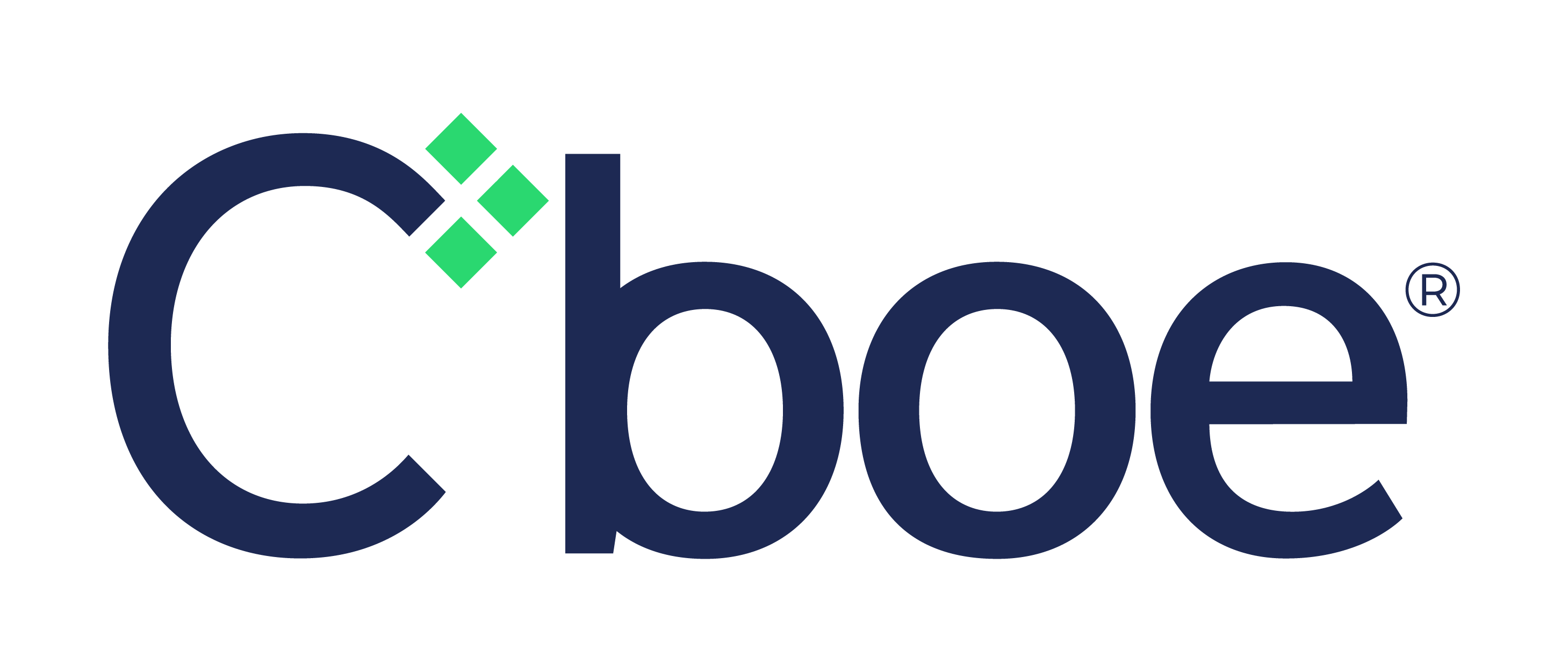

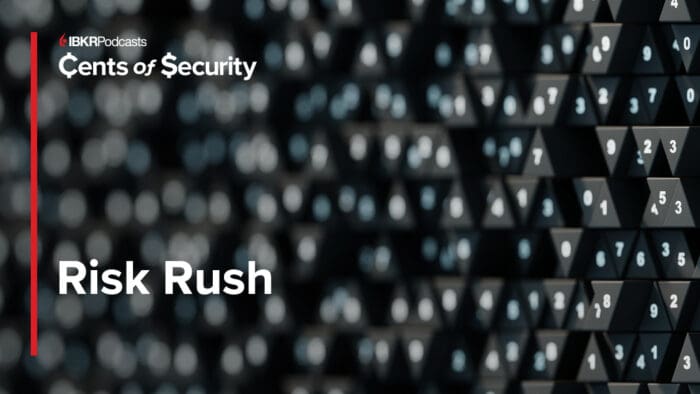



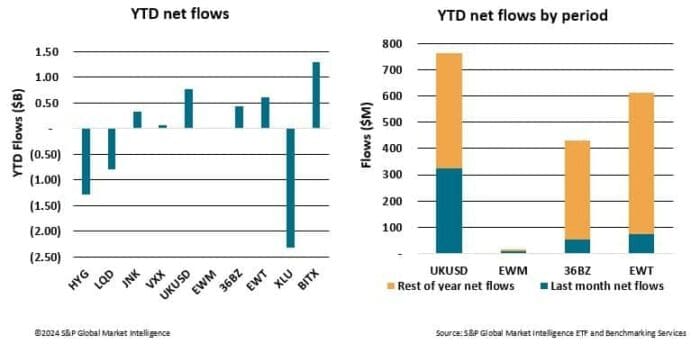


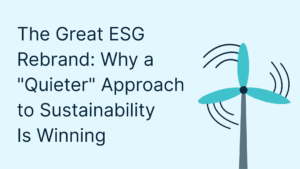



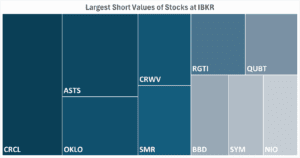
Join The Conversation
If you have a general question, it may already be covered in our FAQs page. go to: IBKR Ireland FAQs or IBKR U.K. FAQs. If you have an account-specific question or concern, please reach out to Client Services: IBKR Ireland or IBKR U.K..
Visit IBKR U.K. Open an IBKR U.K. Account